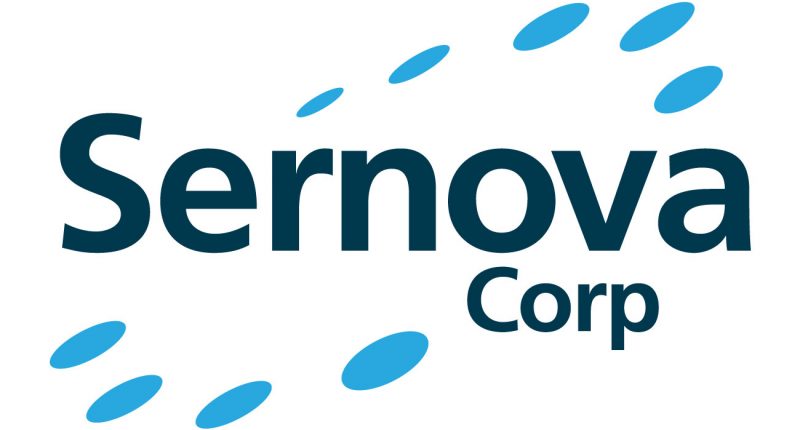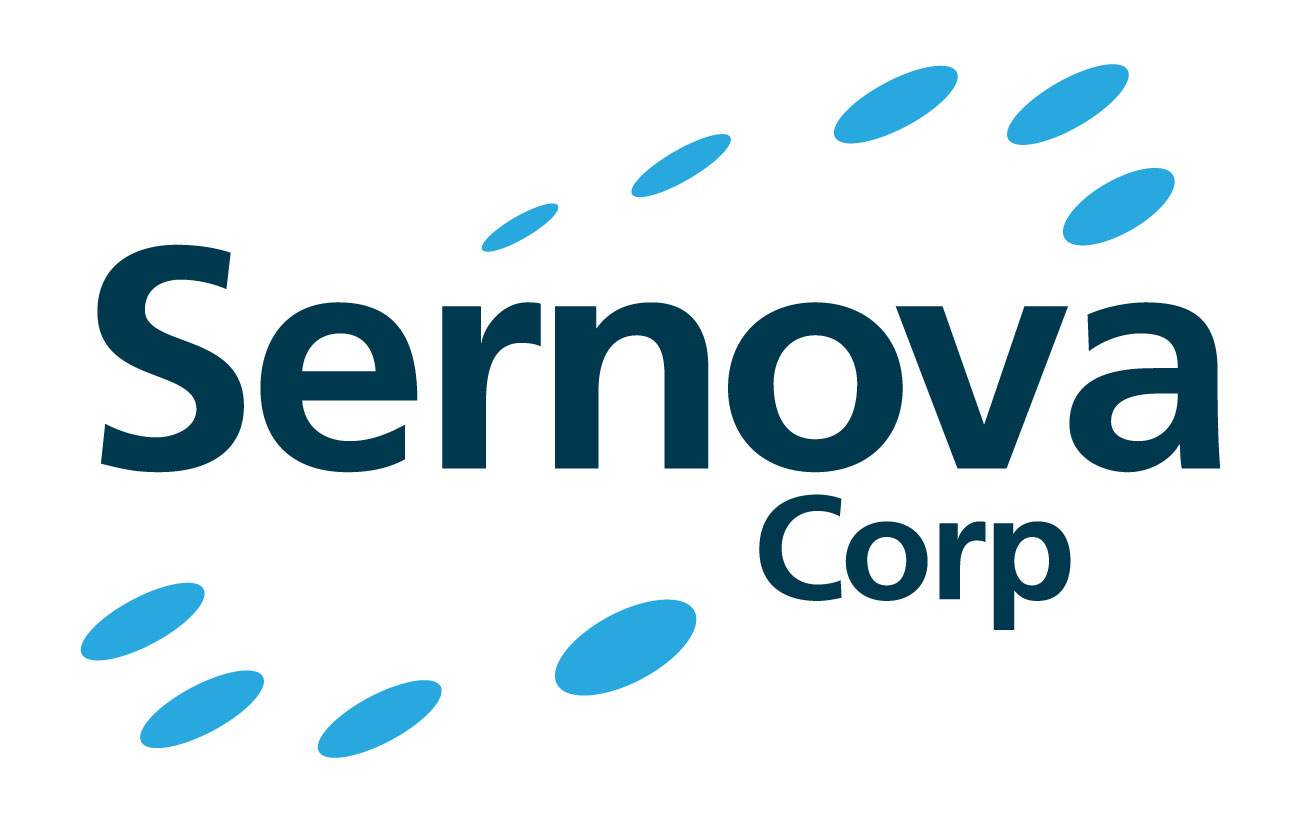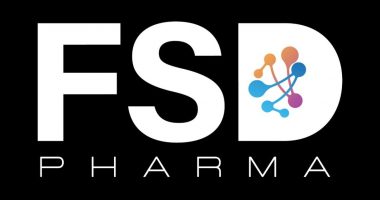- Sernova (SVA) announces that its first two patients have been implanted with the Cell Pouch in the second cohort of its US Phase 1/2 clinical trial for Type 1 Diabetes
- The primary objective of the Phase 1/2 study is safety and tolerability
- Secondary objectives include the production of C-peptide, insulin use, HbA1c and frequency of hypoglycemic events
- Transplantation of islets into the enhanced 10-channel Cell Pouch is anticipated in early 2023
- Patients who elect to retain their implants will be followed for up to 3 years after the final islet transplant into the Cell Pouch
- Sernova’s (SVA) is down 1.23 per cent, trading at C$0.80 at 12:29 pm EST
Sernova’s (SVA) first two patients in the second cohort of its active Phase 1/2 type 1 diabetes clinical trial have been implanted with its 10-channel Cell Pouch.
This pouch provides more than 50 per cent more capacity relative to the Cell Pouches used for the first cohort.
Six patients were transplanted in the first cohort utilizing the 8-channel Cell Pouch System for the study.
Patient eligibility criteria remain unchanged with the expansion into the second cohort using the 10-channel Cell Pouch System.
Eligible trial patients have had at least one episode of severe hypoglycemia in the previous 12 months and an absence of stimulated C-peptide.
The transition to this new 10-channel Cell Pouch allowed for optimized dosing and shorter efficacy evaluation periods to ultimately decrease time to critical efficacy endpoints.
To speak specifically scientific about it, these endpoints include survival transplanted islet cells, reduced severe hypoglycemic episodes, changes in HbA1c, increased C-peptide production, and reduced insulin requirements.
The second cohort of the study is intended to enroll up to seven patients with insulin-dependent T1D who also suffer from severe hypoglycemic episodes and hypoglycemia unawareness.
The company anticipates reporting interim data in 2023. Results from the combined cohorts will inform the design of Sernova’s anticipated Phase 3 T1D pivotal study.
“Our drive to liberate individuals suffering from type 1 diabetes from the burden of daily insulin injections has been strengthened by the safety and efficacy observations in the first cohort of patients in our Phase 1/2 study, and we are pleased to have commenced the treatment phase for the second cohort,” said Dr. Philip Toleikis, President and Chief Executive Officer of Sernova.
“Planning and preparations are underway for the pivotal trial program while we advance our iPSC-derived islet program into the clinic in collaboration with Evotec,” added Dr. Toleikis.
Patients who elect to retain their implants will be followed for up to 3 years after the final islet transplant into the Cell Pouch.
Multiple transplanted patients from the first cohort have implant durations of more than three years, and none have elected to have their Cell Pouch implants removed.
The primary objective of the Phase 1/2 study is safety and tolerability.
Secondary objectives include the following efficacy endpoints: production of C-peptide, insulin use, HbA1c and frequency of hypoglycemic events.
Sernova Corp. is a clinical-stage biotechnology company developing therapeutic cell technologies for chronic diseases.
Sernova’s (SVA) is down 1.23 per cent, trading at C$0.80 at 12:29 pm EST.






